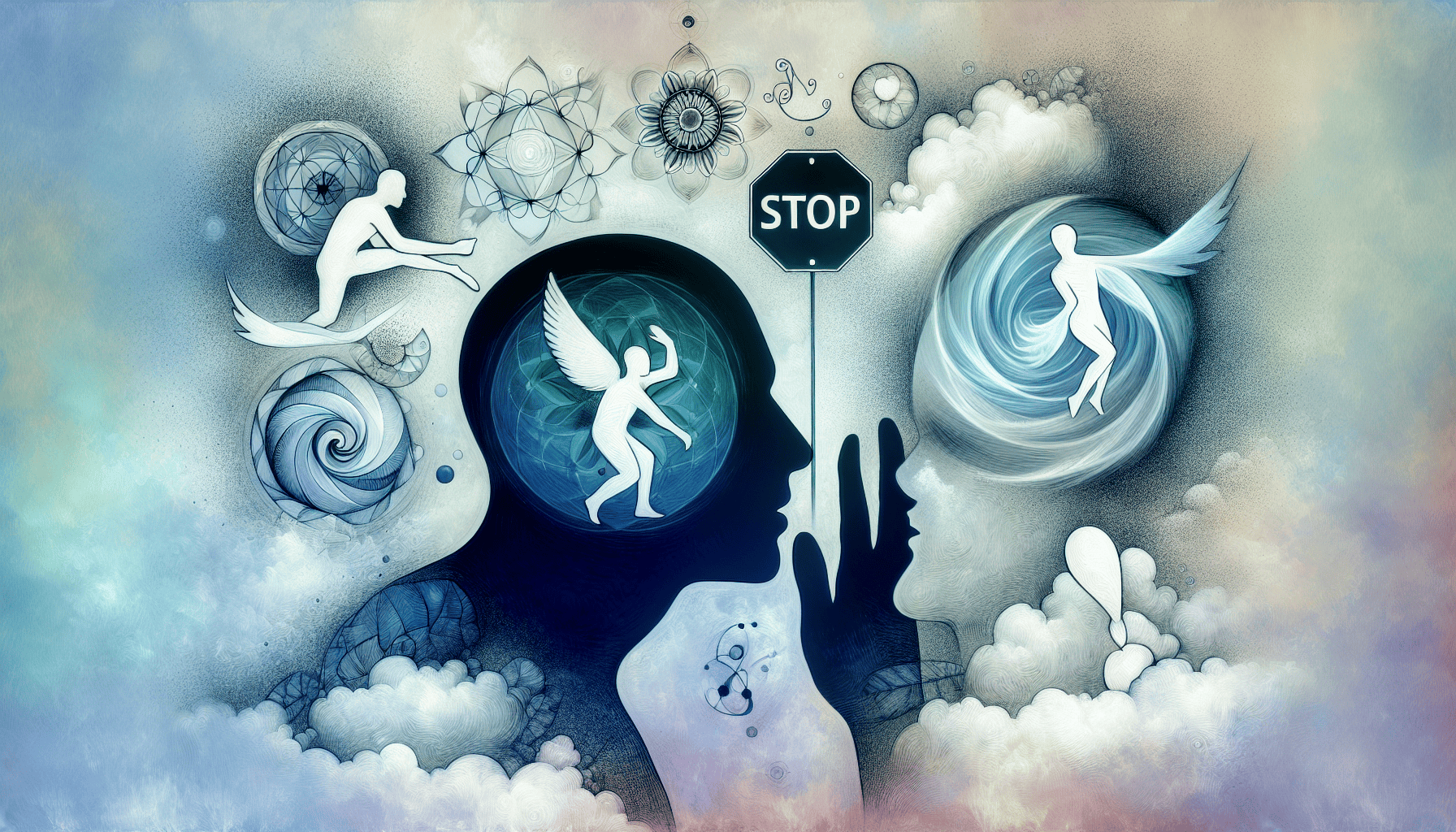In the expansive tapestry of human interactions, the workplace serves as a microcosm—a condensed reflection of societal dynamics. It is here that individual aspirations intermingle with collective objectives, enriching our shared experience while, paradoxically, potentiating dark undertones such as bullying and backbiting. The Bahá’í teachings offer profound insights into these interpersonal challenges, proffering spiritual solutions that seek to elevate both the individual and the community.
Workplace bullying, characterized by repeated aggressive behaviors with the intent to harm, often manifests as intimidation, exclusion, and denigration. Such actions, akin to a shadow creeping over the vibrancy of a verdant garden, can stifle creativity and diminish morale. Meanwhile, backbiting, the insidious act of speaking maliciously about colleagues in their absence, behaves like a toxic vine, choking the very roots of camaraderie and trust within professional environments. These pernicious behaviors are not merely individual failings; they are reflections of a larger societal malaise that necessitates introspection and proactive measures.
At the heart of the Bahá’í teachings lies the assertion that every individual is a unique expression of the Divine, endowed with inherent dignity and worth. This fundamental principle compels adherents to cultivate an atmosphere of mutual respect and compassion—qualities that serve as antidotes to the maladies of bullying and backbiting. When one recognizes the divinity within others, even amidst imperfections, it becomes increasingly untenable to engage in harmful behaviors.
A key tenet of Bahá’í philosophy is the unity of humanity. This concept propounds that every person, regardless of background or circumstance, plays an integral role in the grand mosaic of existence. Embracing this worldview is pivotal in combating workplace bullying and backbiting. A culture of inclusivity fosters collaboration rather than competition; when individuals perceive uniqueness as a shared strength rather than a divisive factor, the likelihood of hostile behaviors diminishes significantly. Cultivating a sense of community, where every voice is valued, can turn the tide against toxicity.
Forgiveness, too, forms a cornerstone of Bahá’í ethics, serving as a powerful tool in the face of interpersonal grievances. It is crucial to pause and reflect when hurtful actions occur. The instinct to retaliate can be overwhelming, much like a tempestuous sea threatening to overwhelm a fragile vessel. Nevertheless, the act of forgiveness—grounded in understanding and compassion—provides a means of sailing towards peace and reconciliation. By choosing to forgive, one not only liberates oneself from the burden of resentment but also models a profound behavior that can inspire others to forsake backbiting and embrace harmony.
An integral aspect of spiritual growth is self-reflection. Maintaining a posture of humility enables individuals to examine their own actions critically. The Bahá’í writings encourage this introspective approach, urging individuals to evaluate the impact of their words and behaviors. “Let us not forget that we are accountable for our actions,” one might reflect within the context of the workplace. Engaging in self-assessment may unveil inadvertent contributions to a culture of negativity and promote a deliberate pivot toward positivity.
Moreover, effective communication is paramount in resolving differences and mitigating conflicts. As the Bahá’í teachings articulate, language is a potent tool that can either build bridges or fortify barriers. In navigating difficult conversations, individuals should strive for clarity, empathy, and respect. Equipped with these communicative virtues, they can articulate grievances in a manner that invites constructive dialogue rather than exacerbation of tensions. This approach can surface deeper understanding and foster reconciliation, thereby dismantling the cycle of bullying and backbiting.
The role of leadership cannot be overstated in establishing a workplace ethos that resists bullying and backbiting. Leaders, viewed through a Bahá’í lens, are not mere overseers but guardians of culture. Their commitment to ethical conduct and accountability can set the tone for an entire organization. When leaders embody Bahá’í principles—acting with integrity, fostering inclusiveness, and advocating for the welfare of all—employees are more likely to mirror these ideals in their interactions. In this way, leadership becomes an embodiment of spiritual principles, resonating positively throughout the fabric of the workplace.
Moreover, the Bahá’í emphasis on service to others can transform workplace dynamics. When individuals adopt a mindset focused on contributing to the collective good rather than pursuing self-interest, the ecosystem of the workplace evolves. Employees become uplifted, nurtured by the spirit of collaboration and mutual assistance. This atmosphere not only curtails the likelihood of bullying and backbiting but also cultivates a nurturing environment where innovation and creativity can flourish.
In conclusion, the challenge of workplace bullying and backbiting represents a significant barrier to achieving a harmonious professional environment. By integrating the profound teachings of the Bahá’í Faith—recognition of the divine in every individual, the promotion of unity, the power of forgiveness, effective communication, ethical leadership, and a spirit of service—solutions arise that not only address these issues but also enhance the collective experience. Ultimately, weaving these spiritual principles into the fabric of workplace culture can lead to a transformation where challenges become opportunities for growth, fostering a sanctuary of respect, collaboration, and unity. In this realm, each individual is empowered, and the gardens of creativity flourish unencumbered by the choking vines of negativity.
